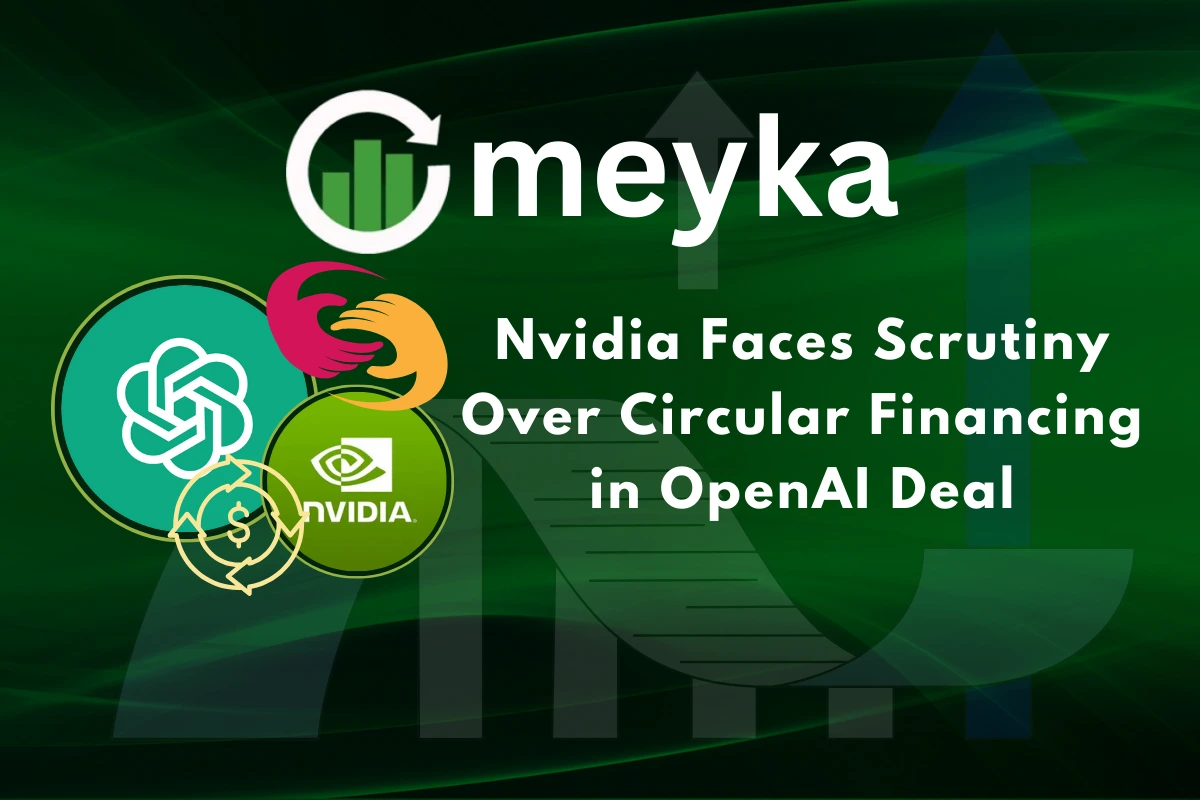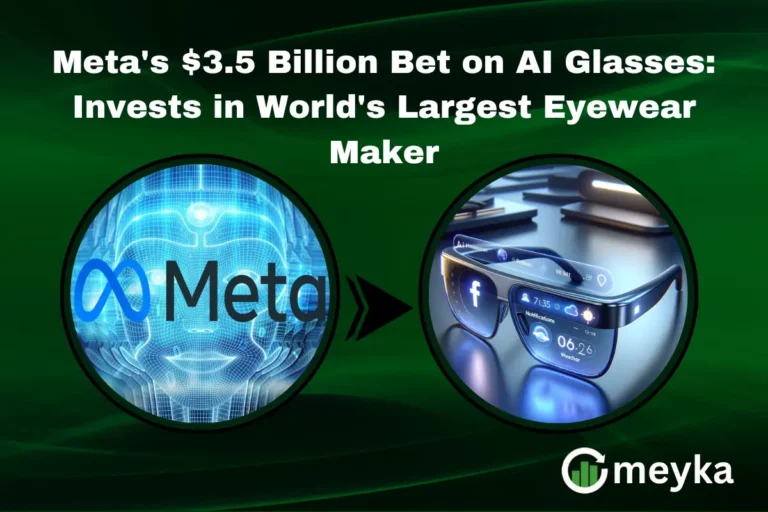Nvidia Faces Scrutiny Over Circular Financing in OpenAI Deal
On September 22, 2025, Nvidia announced a major partnership with OpenAI. The company pledged up to $100 billion to help build AI infrastructure. The plan is to install at least 10 gigawatts of Nvidia systems in OpenAI’s data centers. This is a big step for AI technology. The deal has raised concerns because of its “circular financing” structure.
Nvidia invests money in OpenAI. Then, OpenAI uses that money to buy Nvidia’s own chips. Experts like Stacy Rasgon from Bernstein Research worry that this loop may not be clear. It could cause ethical and legal questions.
As AI grows fast, this deal shows why we need to watch financial deals closely. Transparency and fairness are important when technology moves this quickly.
What is Circular Financing?
Circular financing refers to a financial arrangement where capital invested in a company is subsequently used to purchase goods or services from the same investor. In essence, the money flows back to the investor, creating a loop. This structure can raise concerns about transparency and potential conflicts of interest, as it may obscure the true economic impact of the investment.
Nvidia’s Deal with OpenAI
In September 2025, Nvidia announced a strategic partnership with OpenAI, committing up to $100 billion to support the development of AI infrastructure. The deal involves deploying at least 10 gigawatts of Nvidia systems across OpenAI’s data centers, a move that underscores Nvidia’s central role in powering AI advancements.
However, the arrangement has drawn attention due to its potential circular financing nature. As Nvidia invests in OpenAI, the funds are expected to be used to purchase Nvidia’s own hardware, raising questions about the transparency and motivations behind such a deal.
Regulatory Scrutiny and Concerns
The scale and structure of the Nvidia-OpenAI deal have attracted the attention of regulatory bodies. Analysts have raised concerns that the partnership may be a form of circular vendor financing, where Nvidia’s investment is effectively recycled back into its own sales.
This raises questions about the true economic impact of the deal and whether it may be used to artificially prop up demand for Nvidia’s products. Such concerns could lead to increased scrutiny from antitrust regulators, who are tasked with ensuring fair competition in the market.
Market and Investor Implications
The Nvidia-OpenAI deal affected Nvidia’s stock a lot. After the announcement, the stock price dropped. This shows that investors are worried about the risks in the deal.

Analysts have different opinions. Some think the partnership is smart. It could strengthen Nvidia’s place in the AI market. Others warn that the circular financing could cause problems later. Investors should watch the situation closely. They need to think about how it might affect Nvidia’s money and position in the market.
Expert Opinions
Industry experts have shared different views on the Nvidia-OpenAI deal. Some think it is a smart investment. They say it fits Nvidia’s long-term plans in AI. They believe the deal could improve AI infrastructure and make Nvidia a stronger market leader.

Others warn about the circular financing. They say it could cause problems with regulators. It might also hurt Nvidia’s reputation. Experts stress the need for clear and open financial practices. They want Nvidia to think carefully about how the deal could affect its money and stability in the future.
Bottom Line
The Nvidia-OpenAI partnership is a big step for the AI industry. It shows how important infrastructure investment is for improving AI technology.
But the circular financing in the deal raises questions. People want to know if the deal is clear and fair. As regulators watch closely, both companies need to address these concerns. Doing so will help keep investors confident and support the long-term success of the partnership.
Frequently Asked Questions (FAQs)
Circular financing is when money flows in a loop. Nvidia invests in OpenAI, and OpenAI uses that money to buy Nvidia’s own chips.
The deal may affect Nvidia’s stock price. Investors worry about risks from circular financing. Some see it as a smart strategy; others see possible problems.
Disclaimer:
The above information is based on current market data, which is subject to change, and does not constitute financial advice. Always do your research.





